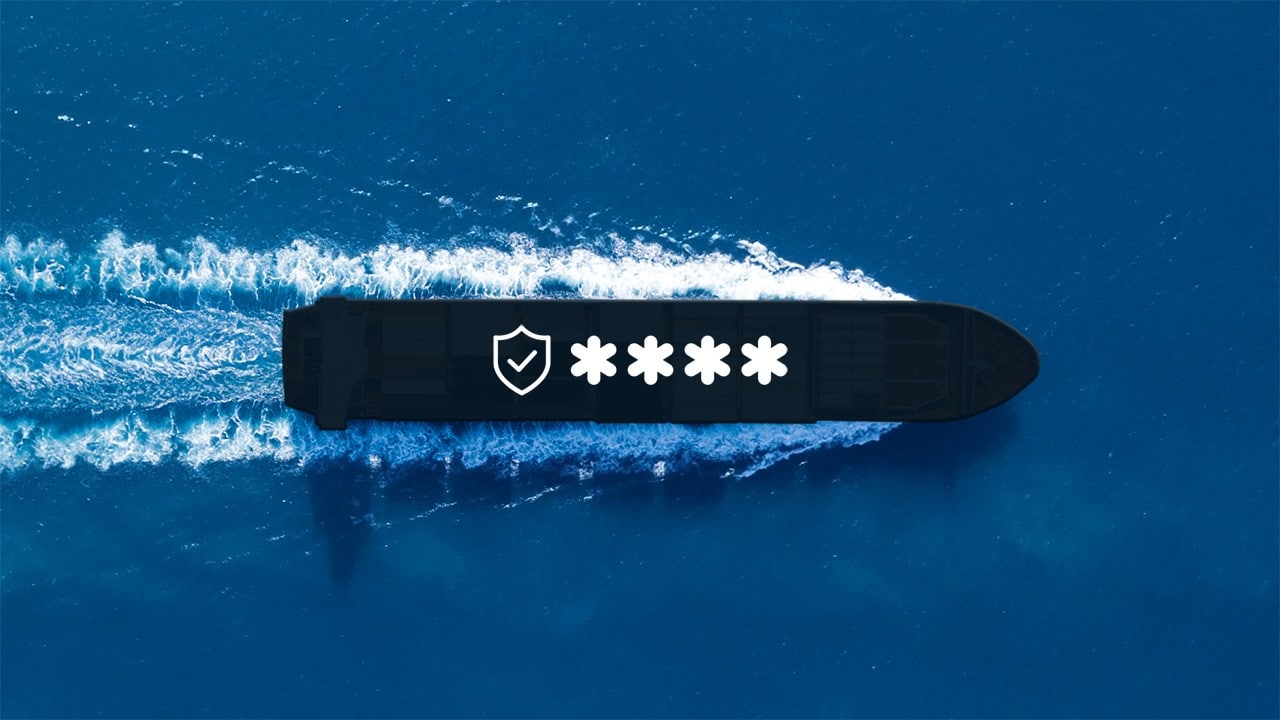In today’s digital world, cybersecurity threats are a significant concern for every industry, and the maritime industry is no exception. As ships become more connected, the risk of maritime cyber attacks increases exponentially. With this in mind, companies in the maritime industry must provide cyber security training to their employees.
Why Maritime Cyber Security Training is Important
The threat of cyber attacks on ships can result in severe consequences such as financial loss or even human casualties. Hackers may target various systems on board, including navigation, communication, and cargo management systems. Having a comprehensive cybersecurity training program can help reduce these risks by ensuring that all employees are aware of common tactics used by hackers and how to prevent them.
The International Maritime Organization (IMO) has issued guidelines on maritime cyber risk management to minimize risks and threats that could compromise information or systems, and impact shipping-related operations, safety or security. The guidelines provide high-level recommendations and functional elements that complement existing safety and security management practices already established by IMO. Other relevant guidance and standards include the ICS, IUMI, BIMCO, OCIMF, INTERTANKO, INTERCARGO, InterManager, WSC and SYBAss’s guidelines on Cyber Security on board Ships; ISO/IEC 27001 standard on Information technology, Security techniques, Information security management systems and Requirements.
How Training Can Help
Maritime cyber security training can help in various ways:
Better Preparedness
Training employees in cybersecurity ensures that they are better prepared to detect and prevent cyber-attacks. They will be able to identify potential risks and vulnerabilities, leading to faster response times and minimizing damage.
Reduced Human Error
Human error is one of the top causes of cybersecurity incidents on ships. Employee training can help reduce these errors by increasing awareness of security risks, policies, and procedures.
Improved Incident Response
In the event of a cybersecurity incident, having trained employees means that your organization can mitigate the impact more quickly. By knowing how to respond appropriately, they can minimize damages while ensuring that critical operations continue running smoothly.
Compliance with Regulations
Many regulatory bodies require compliance training for employees working onboard ships and vessels. By implementing proper training programs, companies can ensure compliance with regulations while protecting themselves from potential lawsuits or fines.
Protection Against Maritime Cyber Attacks
Ships have become more reliant on computer systems rather than manual processes. This means cyber criminals have more opportunities to exploit vulnerabilities within these systems with potentially devastating consequences. Training employees in cybersecurity awareness ensures they know about the latest security risks and how to prevent them.
The 6 steps of maritime cyber risk management
Maritime cyber risk management involves identifying, protecting, detecting, responding, recovering, and learning from potential cyber attacks. By following these six steps, shipowners and operators can mitigate the risks associated with cyber attacks and safeguard their vessels against potential threats. Maritime cyber risk management typically involves the following six steps:
- Identify – This step involves identifying all assets, systems and information that could be vulnerable to cyber attacks.
- Protect – Here, security measures are implemented to protect against potential cyber attacks. This includes firewalls, anti-virus software, access controls, and security policies.
- Detect – In this step, monitoring tools and techniques are used to detect any attempted or successful cyber attack on the ship’s systems.
- Respond – If a cyber attack is detected, a response plan should be in place to minimize damage and prevent further attacks from occurring.
- Recover – After a cyber attack has been successfully mitigated, recovery efforts should be implemented to restore normal operations as quickly as possible.
- Learn – Finally, it’s important to learn from each incident and continuously improve the cybersecurity posture of the ship by updating security policies and procedures accordingly.
Conclusion
Maritime cyber security training is essential for protecting not only data but also human lives aboard ships and vessels. Companies must prioritize cybersecurity education to ensure their workforce is prepared for any cyber threats. By doing so, they can maintain compliance with regulatory requirements while mitigating risks associated with cyber attacks. SQLearn offers the following Maritime Cyber Security Awareness online courses that will help seafarers and ashore personnel raise awareness.
Cyber Security Awareness is an online course for ship crew members that provides extensive knowledge about Maritime Cyber Security. This training program aims to equip seafarers with the necessary information about various threats and threat actors, the different stages of cyber attacks, and the risk assessment process. The course also offers in-depth insights into technical and procedural measures that can be implemented by a vessel to prevent cyber attacks.
Moreover, this training program emphasizes the significance of responding effectively to any cyber attack and achieving business continuity. By taking this course, ship crew members will be familiar with the critical steps needed for effective response to cyber incidents. They will understand how to identify vulnerabilities in their systems and take action to mitigate them.
Cyber Security for all ashore personnel is an online course designed for all company personnel. Its main objective is to increase awareness about Maritime Cyber Security and to provide training to all personnel on this subject. During the course, attendees will learn about various types of information that are vulnerable to cyber attacks. They will also gain an understanding of the different stages of a cyber attack and be introduced to mitigation measures that can be taken in order to avoid such attacks. By attending this course, employees will be better equipped to protect sensitive information and safeguard against potential maritime cyber security threats.






